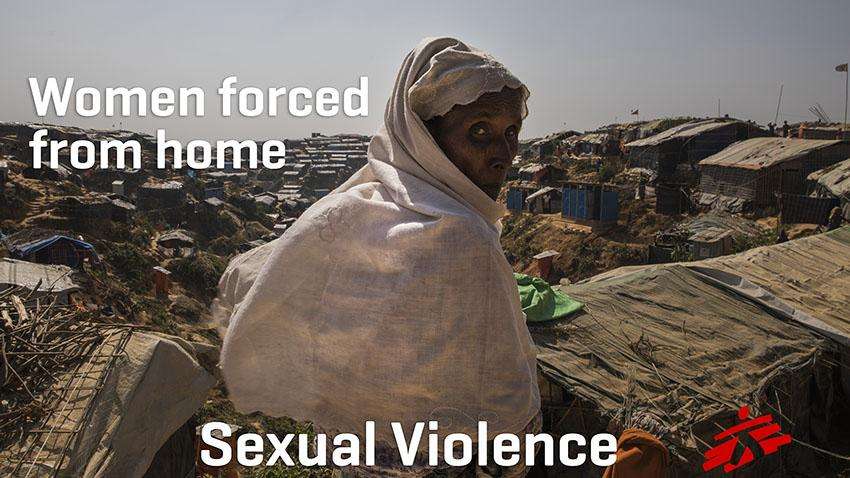Sexual violence can be opportunistic or organized. It can be a reason to flee, but also can be experienced along the journey at any stage of displacement.
Ruksana, a midwife with Doctors Without Borders/Médecins Sans Frontières (MSF), has been working in Kutupalong, Bangladesh, for six years. In Fall 2017 her clinic started to see a sharp increase in patients who had suffered sexual violence among the new influx of Rohingya refugees from Myanmar.
Sexual violence is a medical emergency, requiring treatment within an urgent window of time to prevent an unwanted pregnancy or possible infections such as HIV. Too often, the window for prevention is closed by the time care is sought.
Psychological support is also essential to aid resilience and recovery. But due to stigma, shame, or simply being overwhelmed by other demands, survivors of violence may not seek care.
To mark International Women’s Day on March 8, MSF is featuring stories of displaced women and girls from places including Syria, Myanmar, Burundi, and Nigeria.




